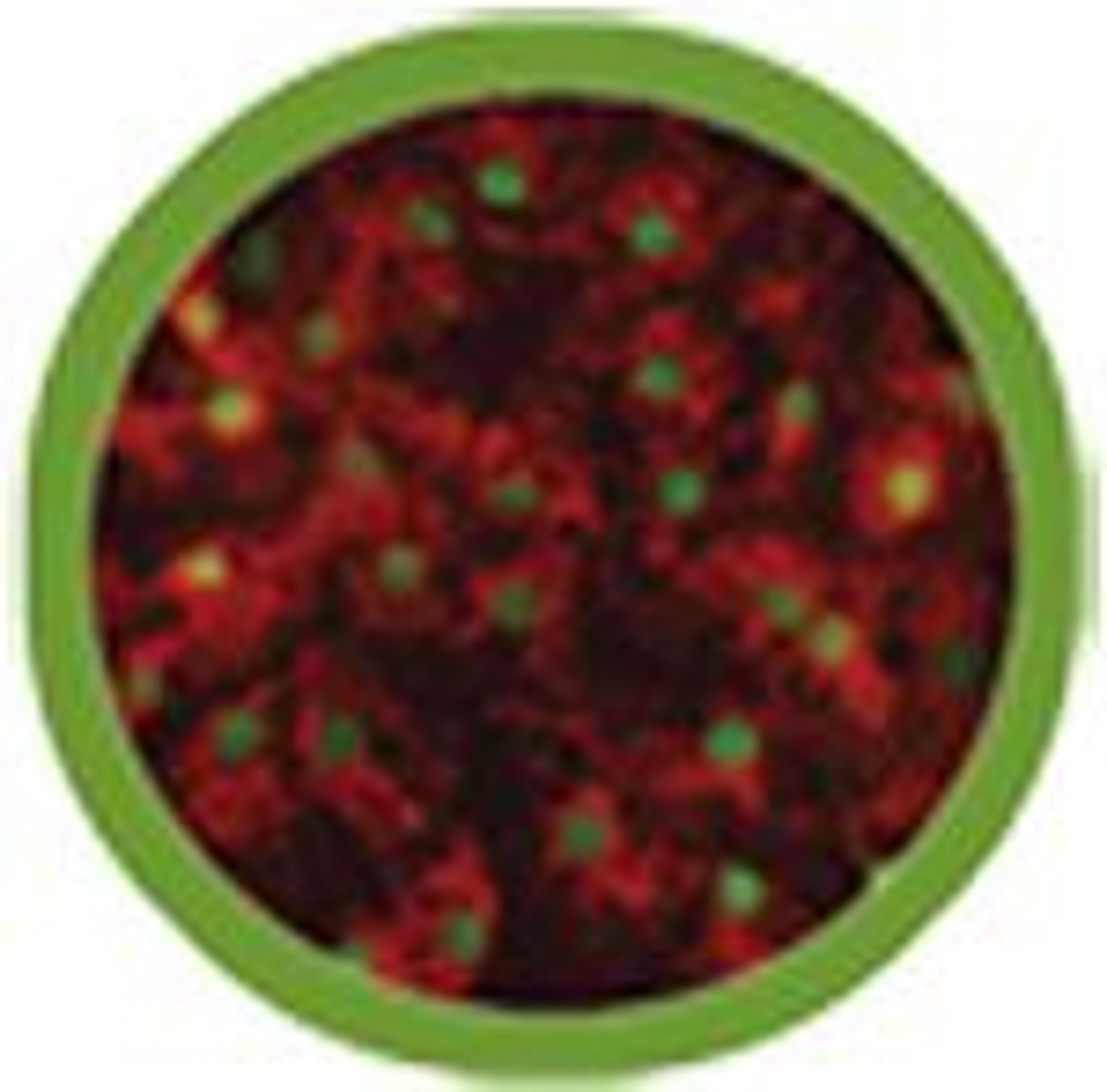Cellular Dynamics’ iCell Hepatocytes Enable Malaria-in-a-Dish Studies
11 Feb 2015Study published in February issue of Stem Cell Reports describes successful use of iPSC-derived cells for development of anti-malarial drug testing.
Cellular Dynamics International has announced that its iCell® Hepatocytes, or human liver cells manufactured from induced pluripotent stem cells (iPSCs), have been used as a malaria-in-a-dish model to test anti-malarial drug candidates. Sangeeta N. Bhatia, M.D., Ph.D., of the Institute for Medical Engineering and Science, Massachusetts Institute of Technology, infected the iPSC-derived hepatocytes with parasitic Plasmodium species, characterized the cells’ drug metabolism capabilities using known antimalarial drugs, and chemically matured the cells to demonstrate higher sensitivity to a different class of drugs. The study was published in Stem Cell Reports.
Key points:
• Malaria affects 250 million people worldwide and occurs following infection with the Plasmodium parasite transmitted through a mosquito bite. The parasite travels through the bloodstream to the liver where the organism multiplies. The liver stage of the disease is an attractive target for drug and vaccine development as it captures the parasite before it spreads throughout the blood.
• It is estimated that almost $6 billion/year will be spent on globally combatting malaria between 2011 and 2020.
• Study investigators demonstrated that CDI’s iCell Hepatocytes, or liver cells, could be infected with Plasmodium parasites and therefore can be used as an in vitro model of liver-stage malaria to study drug metabolism and thus screen for new drug candidates.
• Previous in vitro models of liver-stage malaria utilized primary hepatocyte lines derived from a small pool of donors that may not represent the larger human population. iPSC-derived hepatocytes can be produced from potentially any donor, allowing a wide spectrum of the population to be studied in future drug screening experiments.
• CDI has the capability to produce iPSC-derived hepatocytes that are manufactured in the quality, quantity and purity required for high-throughput drug screening.
Quotes:
Bob Palay, chairman and chief executive officer of CDI, said, “The World Health Organization estimates that almost half of the world’s population is at risk of malaria, and Dr. Bhatia’s paper demonstrates how iCell Hepatocytes can be used to find new drugs to fight this deadly disease. This publication demonstrates yet another example of the successful use of CDI’s manufactured human cells to model diseases in a dish, a crucial component in drug discovery and development. The potential of CDI’s technology as a screening platform to identify new therapies has now been demonstrated for a variety of cell types across a variety of diseases, including Alzheimer’s disease, Parkinson’s disease, cardiac hypertrophy, muscular dystrophies, and recently a novel disease-in-dish model of Type II diabetic heart disease. We would like to congratulate Dr. Bhatia and her team for their work in laying the foundation for the successful use of iPSC-derived hepatocytes for antimalarial drug discovery.”

